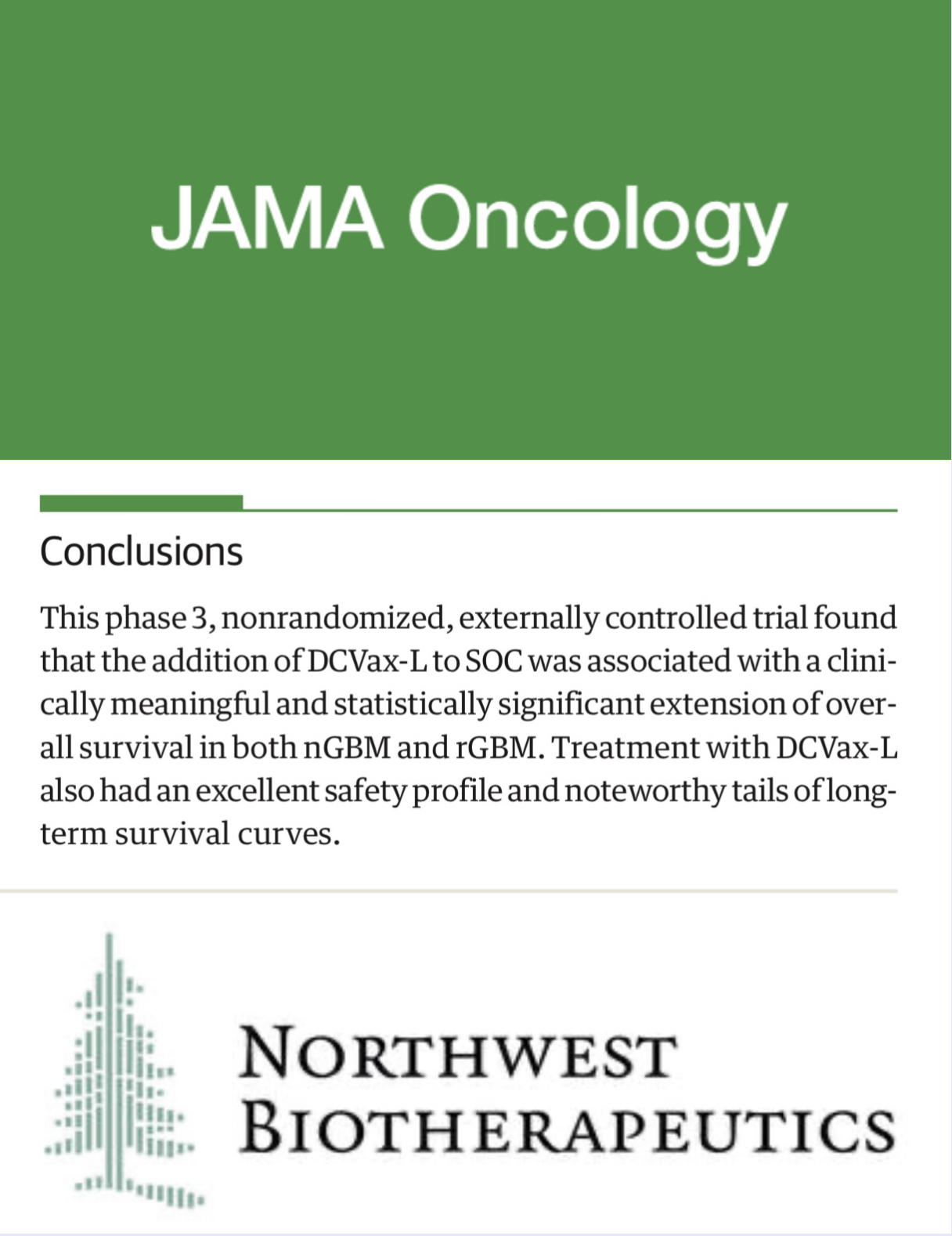整合晚期肝细胞癌全身治疗的生活质量和生存:一个网络荟萃分析。
IF 20.1
1区 医学
Q1 ONCOLOGY
引用次数: 0
摘要
基于多种免疫疗法的联合治疗和酪氨酸激酶抑制剂被批准用于不可切除或晚期肝细胞癌(HCC)的一线治疗。虽然总生存期仍然是主要疗效终点,但与健康相关的生活质量(HR-QoL)是一个关键的补充结果,尚未在现有治疗中进行全面比较。目的比较不可切除或晚期HCC不同一线治疗方案的患者生存质量(HR-QoL)影响,并将治疗诱导的生存获益与患者生存质量(HR-QoL)的影响相结合。数据来源系统地检索了MEDLINE、CENTRAL和Scopus数据库,检索了从成立到2024年11月发表的研究。检索还补充了过去5年(2020-2024)主要肿瘤学会议的参考文献列表和摘要的人工综述。研究选择包括比较酪氨酸激酶抑制剂单药治疗和基于免疫检查点抑制剂的一线晚期HCC治疗并报告HR-QoL恶化的3期随机临床试验。数据提取和综合研究选择和数据提取由2名独立审稿人按照系统评价和荟萃分析指南的首选报告项目进行。使用Cochrane协作工具评估偏倚风险。使用索拉非尼作为比较剂进行贝叶斯网络meta分析。主要结果和测量方法使用欧洲癌症研究和治疗组织的生活质量问卷Core 30和HCC18来评估HR-QoL域恶化的时间。HR-QoL项目采用累积排序法(SUCRA)计算处理排序。结果9项随机临床试验纳入6425例患者,7项HR-QoL项目符合纳入标准。SUCRA计算显示,atezolizumab联合贝伐单抗最有可能减少总体健康状况和生活质量的恶化(85%)、腹部肿胀(95%)、黄疸(89%)和疼痛(86%)。当将HR-QoL与总生存期相结合时,atezolizumab联合贝伐单抗在所有项目上都优于所有其他治疗。结论和相关性:该网络荟萃分析发现,在不可切除或晚期HCC中,与其他全身治疗方案相比,atezolizumab联合贝伐单抗在生活质量保持和总体生存获益之间提供了最佳平衡。这种对生存和生活质量结果的综合评估为临床实践中的治疗选择提供了一种更加以患者为中心的方法。本文章由计算机程序翻译,如有差异,请以英文原文为准。
Integrating Quality of Life and Survival in Systemic Therapy for Advanced Hepatocellular Carcinoma: A Network Meta-Analysis.
Importance
Multiple immunotherapy-based combinations and tyrosine kinase inhibitors are approved for first-line treatment of unresectable or advanced hepatocellular carcinoma (HCC). While overall survival remains the primary efficacy end point, health-related quality of life (HR-QoL) represents a crucial complementary outcome that has not been comprehensively compared across available treatments.
Objective
To compare the HR-QoL effects associated with different first-line treatments for unresectable or advanced HCC and to integrate treatment-induced survival benefit with impact on patients' HR-QoL.
Data Sources
The MEDLINE, CENTRAL, and Scopus databases were systematically searched for studies published from inception through November 2024. The search was supplemented with manual reviews of reference lists and abstracts from main oncology conferences from the past 5 years (2020-2024).
Study Selection
Phase 3 randomized clinical trials comparing tyrosine kinase inhibitor monotherapy to immune checkpoint inhibitor-based therapies in first-line advanced HCC and reporting HR-QoL deterioration were included.
Data Extraction and Synthesis
Study selection and data extraction were performed by 2 independent reviewers, following Preferred Reporting Items for Systematic Reviews and Meta-Analyses guidelines. The Cochrane Collaboration tool was used to assess risk of bias. A bayesian network meta-analysis was performed using sorafenib as the comparator.
Main Outcomes and Measures
Time to deterioration of HR-QoL domains were assessed using the European Organization for Research and Treatment of Cancer's Quality-of-Life Questionnaire Core 30 and HCC18. Treatment ranking was calculated using surface under the cumulative ranking (SUCRA) for HR-QoL items.
Results
Seven HR-QoL items from 9 randomized clinical trials enrolling 6425 patients met inclusion criteria. SUCRA calculations showed that atezolizumab plus bevacizumab had the highest probability of reducing deterioration of global health status and QoL (85%), abdominal swelling (95%), jaundice (89%), and pain (86%). When integrating HR-QoL with overall survival, atezolizumab plus bevacizumab outperformed all other treatments across all items.
Conclusions and Relevance
This network meta-analysis found that atezolizumab plus bevacizumab provides the best balance between QoL preservation and overall survival benefit compared to other systemic therapy options in unresectable or advanced HCC. This integrated assessment of survival and quality of life outcomes offers a more patient-centered approach for treatment selection in clinical practice.
求助全文
通过发布文献求助,成功后即可免费获取论文全文。
去求助
来源期刊

JAMA Oncology
Medicine-Oncology
自引率
1.80%
发文量
423
期刊介绍:
JAMA Oncology is an international peer-reviewed journal that serves as the leading publication for scientists, clinicians, and trainees working in the field of oncology. It is part of the JAMA Network, a collection of peer-reviewed medical and specialty publications.
 求助内容:
求助内容: 应助结果提醒方式:
应助结果提醒方式:


